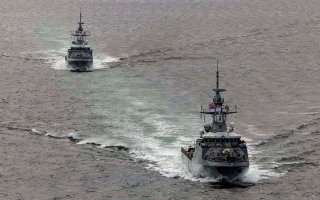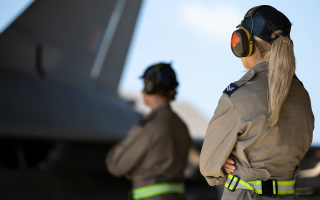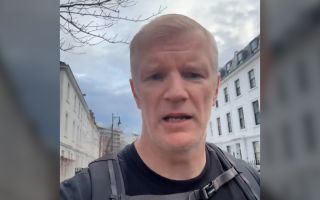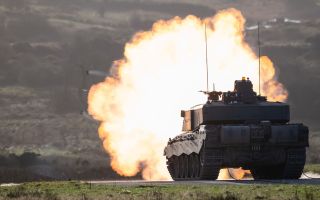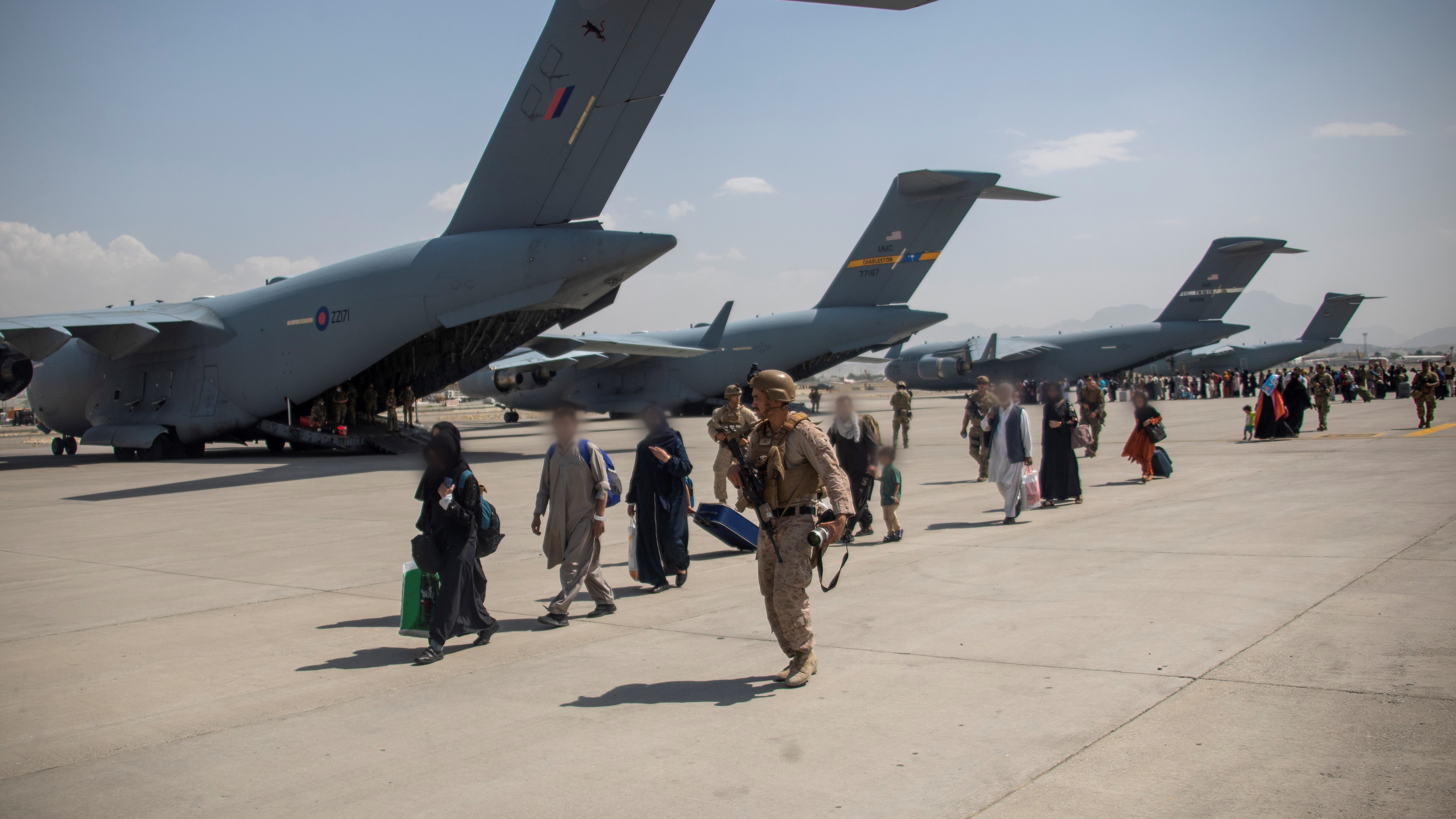
Afghan interpreters in danger of being forgotten about, ex-defence attaché warns

More needs to be done to help the Afghan interpreters who worked with British forces, a former defence attache has warned.
Retired Colonel Simon Diggins, co-founder of the Sulha Alliance which supports Afghans who worked alongside British troops, said there was a danger the interpreters and their families could be forgotten about.
Three years on from the Taliban's takeover, there are still interpreters and local staff left behind in Afghanistan, waiting to be processed through the UK's relocation policy, some not meeting the criteria to move at all.
Col Diggins told BFBS Forces News: "The interpreters had to fight very hard to get to come to this country.
"We stuck together and we made it work. We did make a change. We did make a difference. But we're not finished yet."
Col Diggins, who was the defence attache to Afghanistan between 2008 and 2010, said the Government has begun making "important changes" to help stranded interpreters – but more work is needed.
"Some of them have been stuck in Pakistan for a considerable length of time – that needs to stop now," he said.
"The most important thing, though, is in this country is that we must ensure that those are given all the opportunities they can get."
The retired officer said far too many interpreters and their families who arrive in the UK are placed in remote locations with limited opportunities.
"Our interpreters were some of the brightest and best in Afghanistan. They are capable of really developing and really supporting this country – and that's what they want to do," he explained.
"They want to contribute to this country but if you're just stuck in a remote location, and there are no facilities there, it's very hard to do that."
Col Diggins also wants to see the Government correct the failing of the West's evacuation on behalf of Afghan women by giving them visas so they can come to the UK to complete their studies.
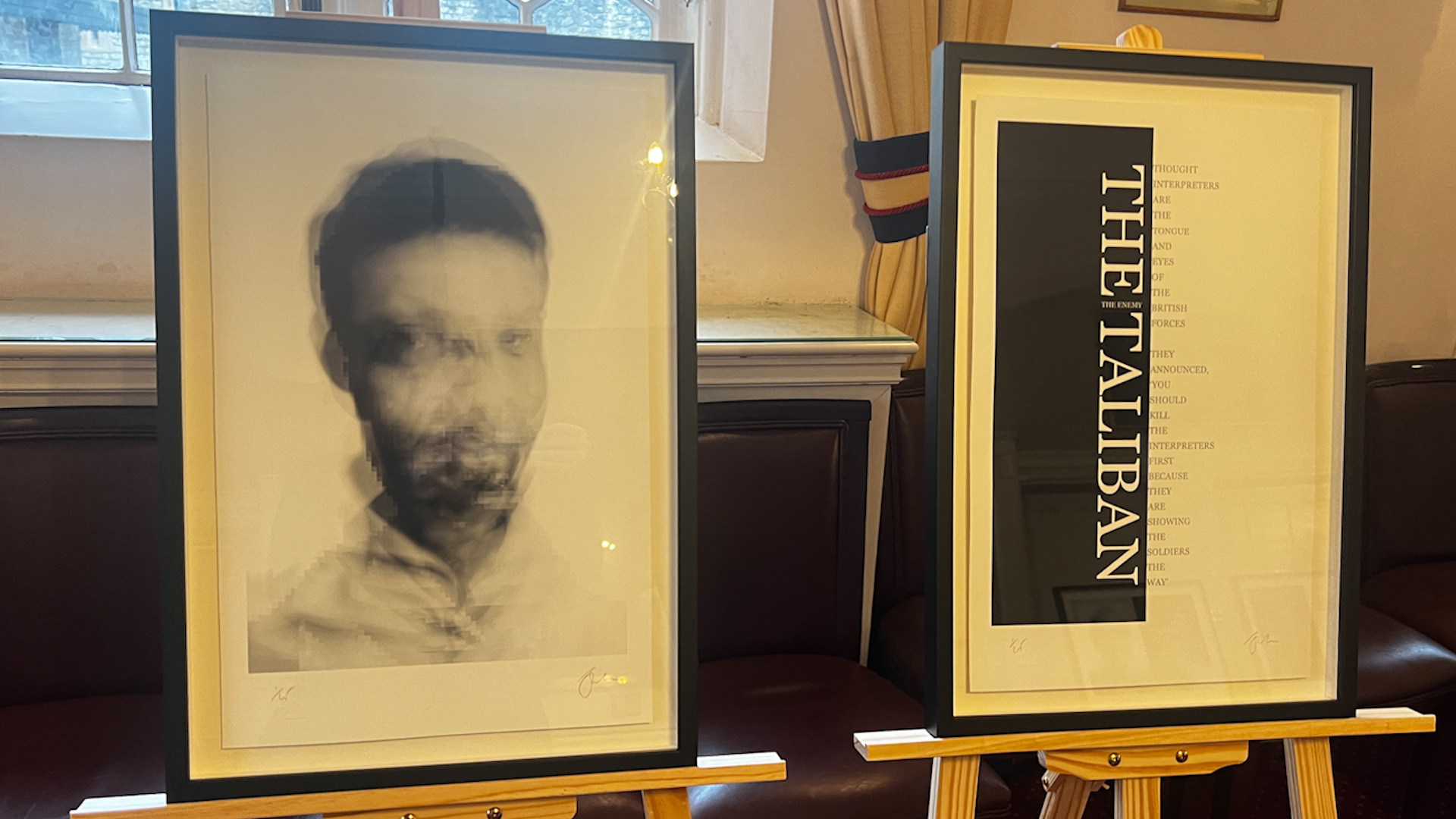
Col Diggins spoke to BFBS Forces News as he attended an exhibition at the Fusilier Museum in the Tower of London.
The exhibition, called Armed with Words: Interpreting the War in Afghanistan (2001-2021), highlights the Afghan interpreters who had to flee to the UK following the fall of Kabul three years ago.
It showcases a collection of photographs and interviews with Afghan interpreters who have since settled in the UK.
Col Diggins, who is chair of the Fusilier Museum and one of the exhibition's sponsors, said its message is twofold.
"The first one is we haven't yet looked after properly all the interpreters and their families who looked after us when we were in Afghanistan," he said. "Without their work, we couldn't have done our job.
"We've been able to bring a number of them to this country but there's still those who are caught there. And also those there who families are still stuck and under threat from the Taliban."
The exhibition features striking, broken images of Afghan men looking directly into the camera alongside their hard-hitting personal testimonies of suffering and struggle from interviews conducted by Professor Sara de Jong from the University of York.
The photographs are the work of Army veteran Andy Barnham, who said: "There are 14 Afghan interpreters that we interviewed, and we've taken quotes from the interviews and put them into a design format that sits alongside their portrait."
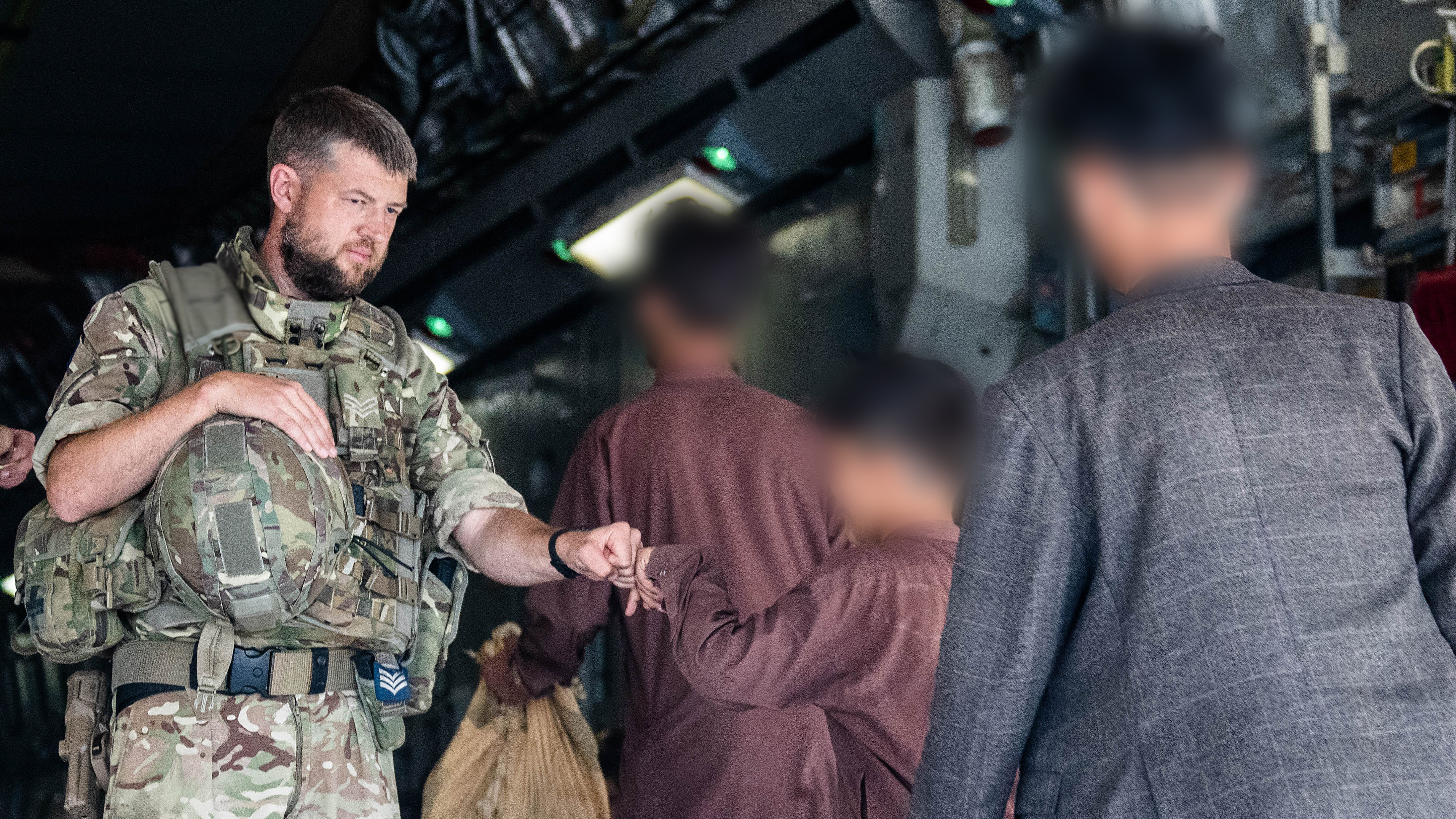
The portraits are multi-layered and blurred, which he explained are up to a dozen frames each, providing anonymity for their safety.
"I describe it as inflicting trauma onto the images akin to the trauma these guys experienced in Afghanistan, the fleeing of their homeland and their resettlement here," he said.
One quote reads: "The Taliban thought interpreters are the tongue and eyes of the British Forces.
"They announced 'you should kill the interpreters first because they are showing the soldiers the way'."
Another says: "In my own life, I can't remember a single day that I spent in peace in Afghanistan.
"So I'm very hopeful for my kids' future, that they will have a very good future here. I'm very thankful to God and to the British Government that I got the opportunity to bring them here."
Thousands of Afghans and British nationals were evacuated from Afghanistan by the UK Armed Forces in the days after the Taliban seized control in 2021.
Over a period of 16 days, British military personnel evacuated more than 15,000 people on 100 flights from at least 38 different nations as part of Operation Pitting.
The mission was the largest humanitarian aid operation in more than 70 years.



